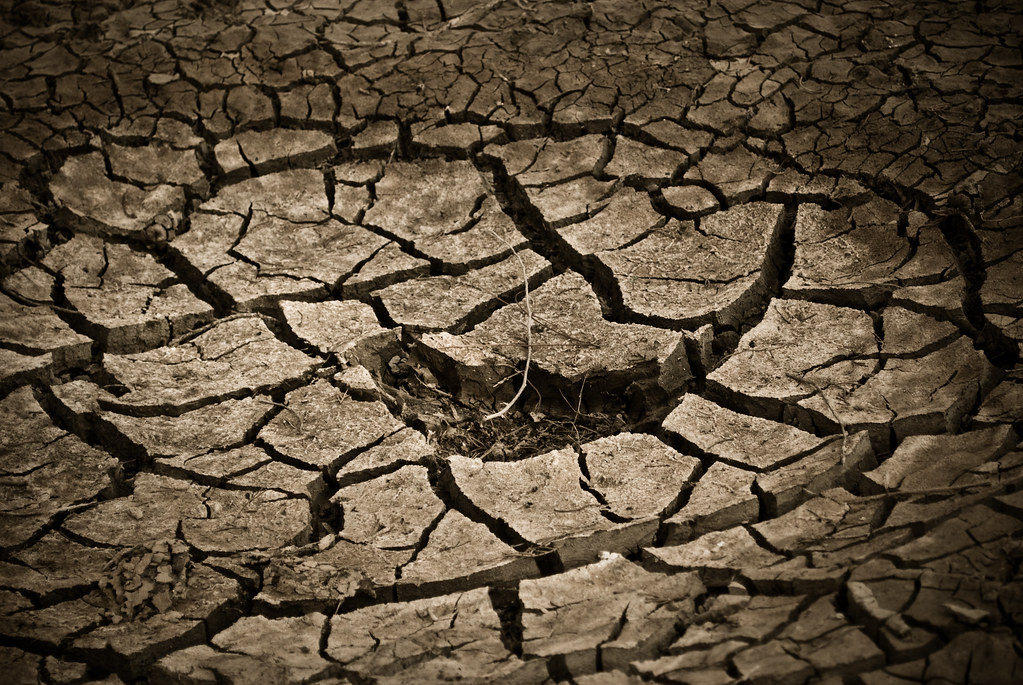

Samuel says "very well, very well" while he places the doors of my house, like, in Basque. He does not know Euskera, but he seems to like to use some phrases. Then he gets a call and speaks in a language that I don't understand anything. "I forgive the havoc, Samuel, but can I ask him what language he was speaking? ". "It's Quechua. I am indigenous," he said, with great conviction.
Today I spoke to that Ukrainian mother. Her husband is Belarusian, she seems to speak Russian among them. He is now sad, concerned about the future of his people and his family. A week ago, I was with another mother, the Muslim. He was born in Catalonia, like me. "But Catalan is easier than Euskera," he said, with a smile, because he is always smiling. Another mother of another classmate of my daughter has also heard me speak in Valencian by phone; I would like to make a friend to speak with her in Catalan, but I do not dare, because I am sometimes shy. In the afternoon, my oldest daughter told me that a new boy has come to institute, from Costa Rica. All her daughter tells her answers: "Oh, OK! making a gesture in the face. Her daughter loves this boy's enthusiasm.
"One day, we don't know when, where, or who it was, some son of a Basque family here became the last Basque in Vitoria"
According to the latest statistics, Vitoria is one of the cities in the Basque Country with the highest number of migrants outside the European Union. In principle, migrants are more than given in numbers, but they don't appear in statistics. I, for example, don't participate in those statistics, but I'm not from here, and I have another language, me too. Here, with our bodies full of wounds, we all come together (tortured, beaten, dark, repressive, fears, timid, brave, tired, joyful, distant, close, etc. ). Some wounds are still bloody, others just scratched.
And of course, this city where we come together is also full of cracks. When we arrived, for example, linguistic substitution was carried to the head. One day, we don't know when, where, or who it was, any of the sons of a Basque family here became the last Basque of Vitoria, the last one who talked about his dialect; the last one who knew the songs here, the expressions here. It did not happen suddenly, but we can imagine (because the process is always similar) that in that family, at one point, the language they spoke was no longer valid, it was not as valuable as the other.
This last woman, this last man, probably felt dissatisfaction, a kind of discomfort or a subtle discomfort. I still didn't know it wasn't too late. Almost two centuries later, the carpenter who comes from America in a house in Vitoria, while laying the doors, said "very well, very well," and this Catalan would understand these words very well.
There's where to pick up and you have to defer.
Because walls can erode and cracks can flourish.